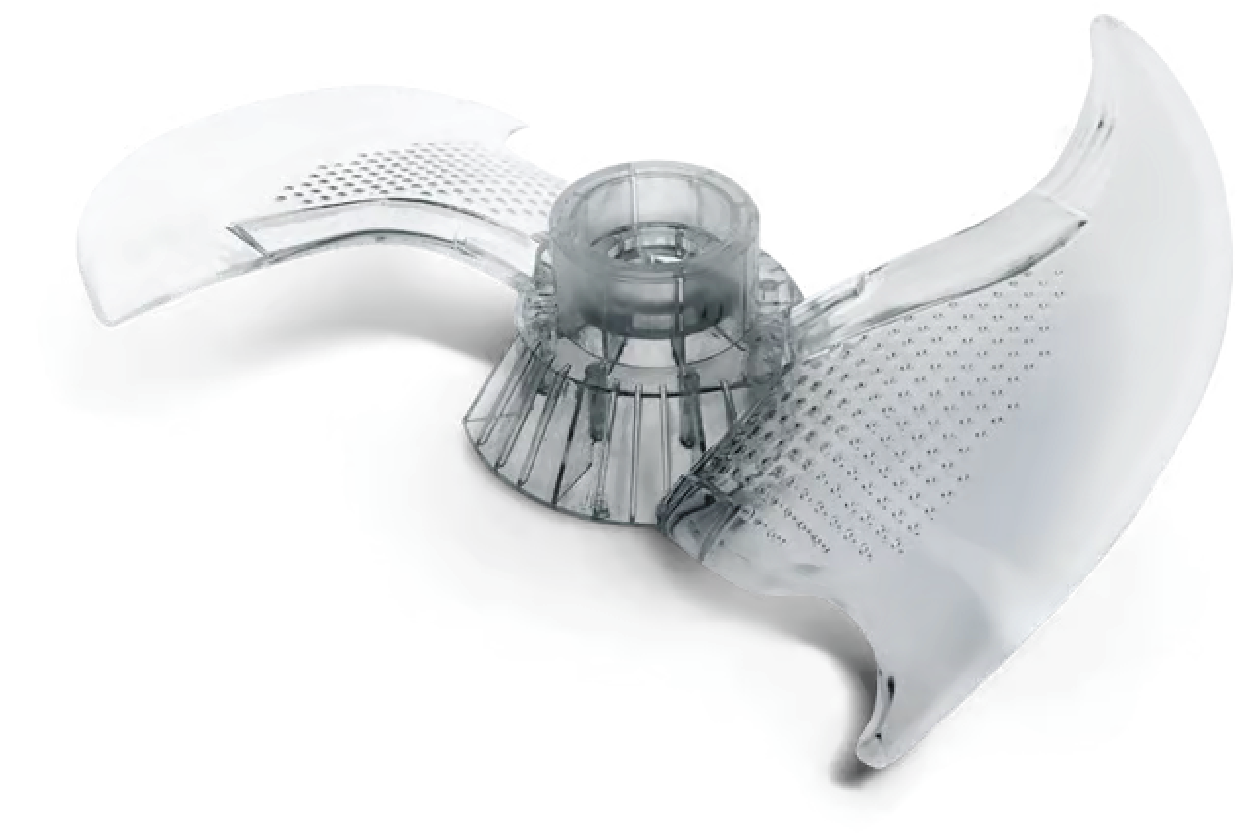
PEEK, or Polyether Ether Ketone, is a strong plastic and an innovative material revolutionizing manufacturing. Its excellent strength and heat resistance have made it a game-changer in aerospace, automotive, medical, and electronics.
This blog post examines PEEK’s key features and explains why it is a preferred and reliable material for many challenging applications.
What is the history of PEEK, and how is it made?
Polyether ether ketone, or PEEK, is a strong plastic used in many industries. It was created in the late 1970s by researchers at Imperial Chemical Industries (ICI) in the UK. They wanted to develop a plastic that could resist harsh chemicals and high temperatures. PEEK received a patent in 1978 and was used commercially in the 1980s.
Manufacturers make PEEK through several steps. First, they mix raw materials called aromatic dihalides and aromatic diones. They then heat these materials to about 300-400 °C, which causes a polymer reaction. Once it cools, the polymer solidifies into forms like sheets, rods, or pellets, which can be made into parts using injection molding.
PEEK is known for its ability to resist heat and chemicals. It can handle temperatures up to 260 °C and is resistant to many solvents, acids, and bases. These qualities make it an excellent choice for use in aerospace, automotive, medical, and oil and gas industries.
As technology improves, the ways PEEK is used and made may change. Understanding its history and development helps to appreciate its value.
What are the mechanical properties of PEEK?
PEEK is a high-performance plastic known for its strong mechanical properties. Here are some key mechanical properties:
High Tensile Strength
Its tensile strength is approximately 90-100 MPa, making it a high-strength and durable material well-suited for demanding applications where robustness and resilience are essential.
Excellent Wear Resistance
It exhibits fantastic wear resistance, making it ideal for situations where friction and abrasion are significant concerns. This quality also ensures PEEK’s longevity and reliability in challenging environments.
High Impact Resistance
Due to its high impact strength, it can withstand sudden impacts and shocks. As a result, it does not break or crack, ensuring durability under stress.
Outstanding Fatigue Resistance
It demonstrates excellent fatigue resistance and maintains physical properties even under cyclic loading conditions, making it suitable for long-term use.
Dimensional Stability
Because of its low coefficient of thermal expansion, PEEK maintains exceptional dimensional stability across a wide temperature range. Making it excellent for applications requiring precise and stable dimensions under varying temperature conditions.
Which industries use the material?
PEEK is a strong thermoplastic polymer and versatile polymer used in many industries. Its unique mechanical, thermal, and chemical properties make it essential for various applications, showing its versatility and potential for innovation.
Aerospace and Automotive
The aerospace and automotive industries recognize the benefits of PEEK. This lightweight, strong material is ideal for specific applications such as bearings, bushings, gears, and structural components. PEEK resists heat, chemicals, and wear, allowing it to perform well in harsh environments. This durability helps ensure the reliability and safety of critical systems in these industries.
Medical and Dental
PEEK is a popular material in the medical and dental fields because it is safe for the body and does not appear on X-rays. Implanting prosthetics and orthopedic devices use it. It is a strong, lightweight, and corrosion-resistant material, making it a good choice for patients. Its inert nature also makes it suitable for medical tools and equipment.
Oil and Gas
The oil and gas industry often works in harsh conditions, which require materials that can handle high temperatures, high pressures, and corrosive environments. PEEK is a strong option because it resists heat and chemicals well. Seals, bearings, and valves use this material in drilling, exploration, and production operations.
Electrical and Electronics
PEEK is a strong material used in the electrical and electronics industries because it insulates well and resists electrical arcing. It is found in connectors, insulators, and circuit breakers, helping to ensure safe and reliable performance in electrical jobs.
What are the benefits of using PEEK for your project?
PEEK, which stands for Polyether Ether Ketone, is a strong plastic that works well in challenging situations. It can handle high temperatures and resist chemicals. Its strength, stiffness, and stability make it reliable even in harsh conditions. With Prototek’s experience in making PEEK products, your project can benefit from this outstanding material.
Are you ready to start your project?
FAQs
Polyether Ether Ketone is a high-performance thermoplastic with exceptional mechanical and thermal properties.
The aerospace, automotive, medical, and industrial equipment industries use it due to its exceptional thermal and chemical resistance.
Various finishing options include polished, matte, and textured surfaces.










